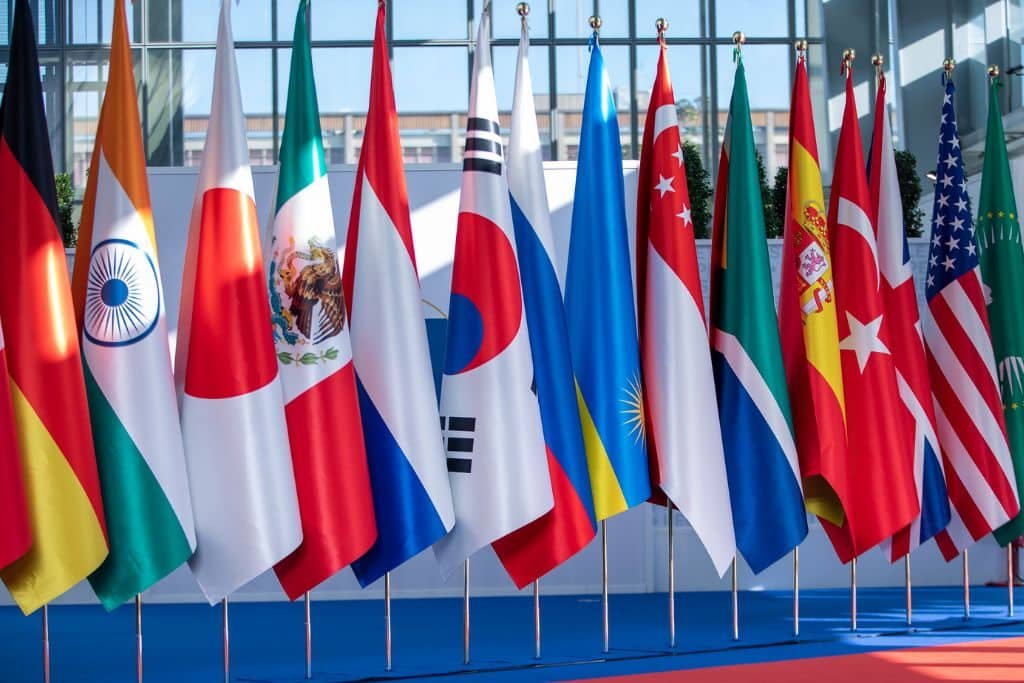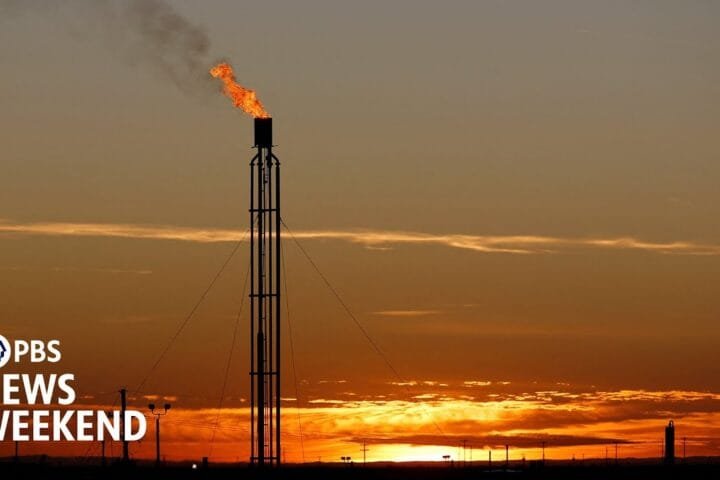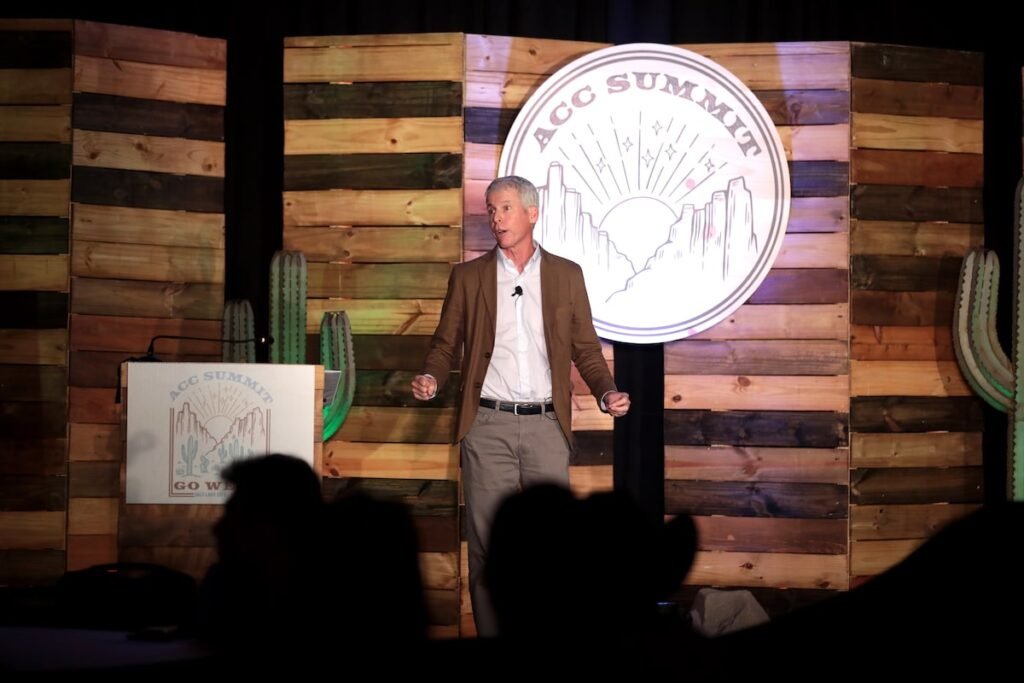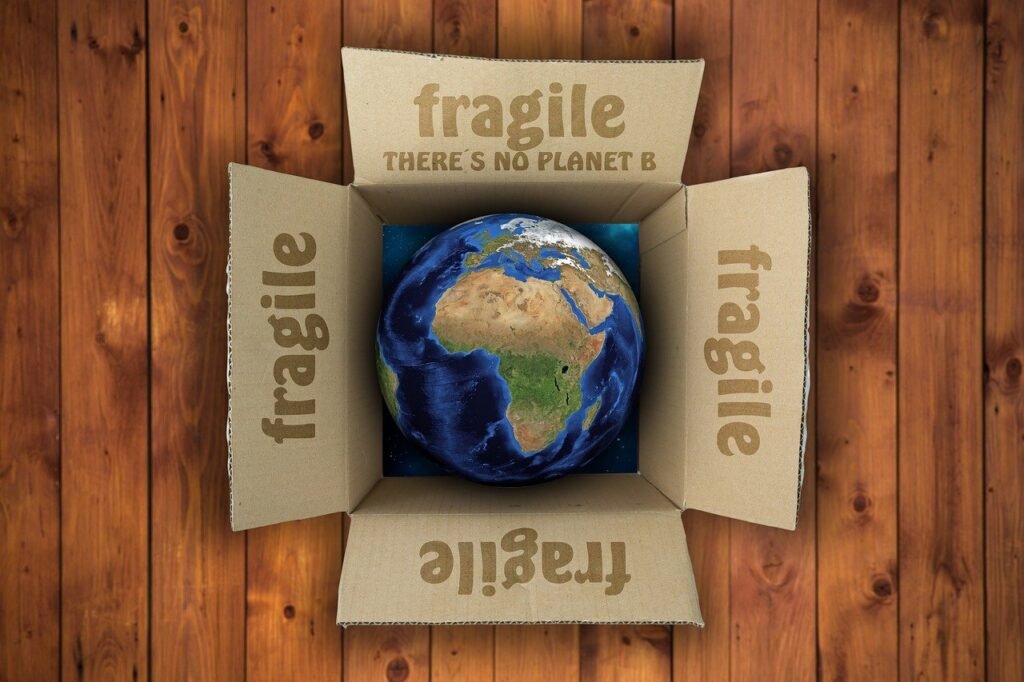Summary
G20 leaders met in Rio de Janeiro to support climate finance goals at COP29, aiming to transition funding from billions to trillions. However, they did not explicitly address fossil fuel reduction, disappointing many negotiators. The G20, responsible for a significant portion of global emissions, reiterated the need for enhanced multilateralism and funding for climate initiatives, while concerns about misinformation and the political climate in the U.S. added urgency to the discussions.
Highlights -🌍
- 🌐 G20 Summit: Leaders from major economies gathered in Brazil.
- 💰 Climate Finance Goal: Commitment to increase climate funding significantly.
- ⛽ Fossil Fuels Ignored: No direct mention of fossil fuel reduction in their declaration.
- 📉 Emissions Responsibility: G20 nations account for over 80% of global emissions.
- 🕊️ Multilateralism Emphasized: A strong pledge towards multilateral cooperation.
- ❗ Misinformation Initiative: New efforts to combat climate-related disinformation launched.
- 📅 COP29 Ongoing: The climate summit continues with key negotiations.
The leaders of the world’s largest economies convened in Rio de Janeiro for a two-day summit. Together, these nations account for more than 80% of global emissions.
—
G20 leaders agreed to step up multilateralism and increase climate finance “from billions to trillions” during a meeting in Brazil but fell short of explicitly addressing planet-warming fossil fuels.
The leaders of the world’s largest economies met at Rio de Janeiro’s Modern Art Museum while the year’s most important climate summit, COP29, is underway in Baku, Azerbaijan. The two-day meeting tackled an agenda ranging from ongoing conflicts to climate change, poverty reduction and tax policy.
Issued Tuesday, the final G20 declaration said countries “welcome and fully subscribe to the ambitious and balanced outcome of the UN Climate Change Conference in Dubai (COP28), in particular the UAE Consensus,” without explicitly addressing the pledge made at the UN climate summit last year to “transition away” from fossil fuels.
They pledged a “strong commitment to multilateralism,” particularly with regards to the progress made on the Paris Agreement, which US President-elect Donald Trump has pledged to leave again.
G20 nations account are largely responsible for global warming, accounting for some 85% of the world economy and more than three-quarters of climate-warming emissions.
The burning of coal, natural gas, and oil for electricity and heat is the single-largest source of global greenhouse gas emissions. These are the primary drivers of global warming as they trap heat in the atmosphere and raising Earth’s surface temperature.





